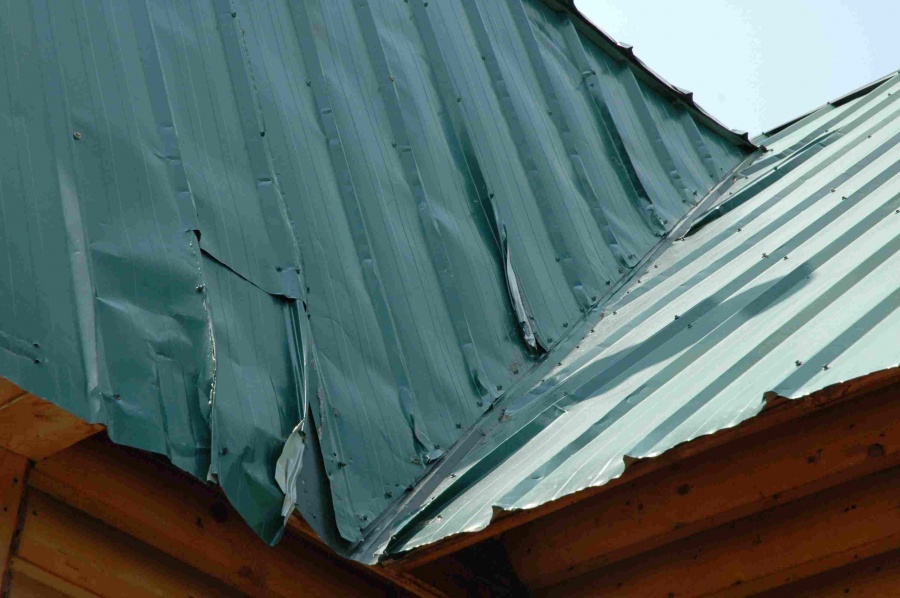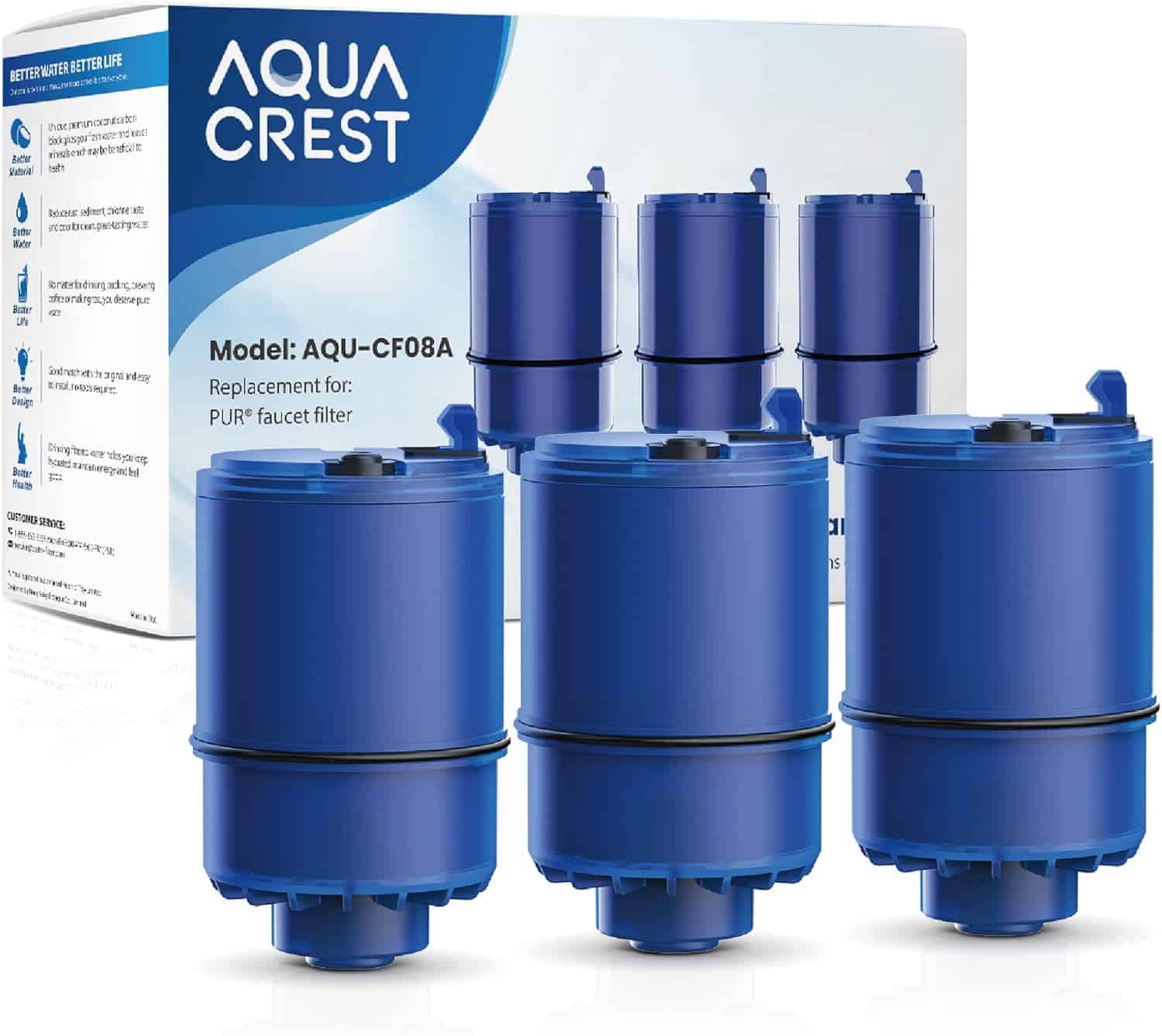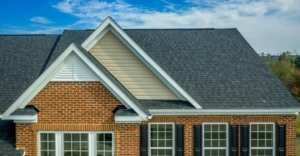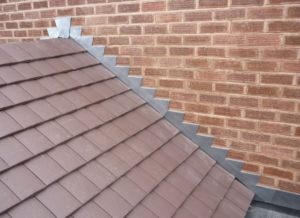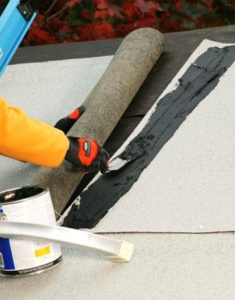How Long Does a Metal Roof Last in Florida?

Wondering about the lifespan of a metal roof in Florida? It’s a smart question to ask, especially when considering the cost and effort of installing a new roof. Generally, metal roofs are known for their durability and longevity. They can last anywhere from 40 to 70 years, depending on various factors. In Florida, these factors include the intense sun, high humidity, and the possibility of hurricanes. This post will delve deeper into the specifics of how long a metal roof lasts in the Sunshine State, and what you can do to extend its lifespan.
Factors Affecting the Lifespan of a Metal Roof in Florida
Climate in Florida
The climate in Florida is known for its high temperatures, humidity, and frequent severe weather events such as hurricanes and tropical storms. These environmental factors can take a toll on any roofing material, including metal. Therefore, it’s crucial to choose a metal roof that can withstand the unique challenges posed by the Florida climate.
Metal roofs that are specifically designed and manufactured for Florida’s climate are often constructed from materials such as aluminum or steel, which offer excellent durability and resistance to corrosion. Additionally, selecting a metal roof with a high-quality finish, such as a specially formulated paint or coating, can provide extra protection against the harsh Florida sun and heavy rainfall.
Quality of Metal Roofing Materials
The quality of the metal roofing materials is another crucial factor that can significantly impact the lifespan of your roof. Investing in a high-quality metal roof may require a larger upfront cost, but it can save you money in the long run by extending the life of your roof and reducing the need for frequent repairs or replacements.
Look for metal roofing materials with proven track records of durability and longevity. Consider the gauge or thickness of the metal, as thicker gauges generally offer better resistance against impacts and extreme weather conditions. Additionally, opt for materials that have undergone rigorous testing and have industry certifications, such as the Miami-Dade County Product Control Approval or the Florida Building Code Approval.
Installation and Maintenance
Even the highest quality metal roof can underperform if not installed and maintained correctly. Proper installation is crucial to ensure that your metal roof can withstand the elements and provide optimal protection for your home. Hiring an experienced and reputable roofing contractor who specializes in metal roofing installations is essential.
Regular maintenance is also key to maximizing the lifespan of your metal roof in Florida. Perform visual inspections periodically to check for any signs of damage or wear, such as loose screws, damaged flashing, or corrosion. Clean your roof regularly to remove leaves, debris, and moss, as these can trap moisture and lead to potential issues.
Average Lifespan of Metal Roofing in Florida
Types of Metal Roofs
When it comes to metal roofing, there are several options available. Each type has its own unique characteristics and lifespan. Here are some of the most common types of metal roofs you’ll find in Florida:
- Galvanized Steel Roofing: Galvanized steel roofs are made from steel coated with a layer of zinc to protect against corrosion. These roofs are known for their strength and durability. They can last anywhere from 20 to 60 years, depending on factors such as maintenance, climate, and the quality of the installation.
- Aluminum Roofing: Aluminum roofs are lightweight and resistant to rust and corrosion. They are an excellent choice for coastal areas in Florida. On average, aluminum roofs can last between 30 to 50 years.
- Copper Roofing: Copper roofs are known for their beauty and longevity. They develop a unique patina over time, giving them a distinct appearance. A well-maintained copper roof can last up to 100 years or more.
- Steel Roofing: Steel roofs are extremely durable and can withstand harsh weather conditions. They are often coated with zinc or other protective layers to prevent rusting. The lifespan of a steel roof can range from 30 to 70 years, depending on maintenance and climate factors.
Typical Lifespan Range
While the lifespan of a metal roof depends on various factors, including the type of metal, installation quality, and climate, here is a general range of the average lifespan for metal roofing in Florida:
- Galvanized Steel Roofing: 20 to 60 years
- Aluminum Roofing: 30 to 50 years
- Copper Roofing: 100+ years
- Steel Roofing: 30 to 70 years
It’s important to note that regular maintenance and proper installation can significantly extend the lifespan of your metal roof. Routine inspections, cleaning, and addressing any issues promptly can help ensure that your metal roof lasts as long as possible.
Signs of Wear and Damage on Metal Roofs in Florida
When it comes to maintaining your metal roof in Florida, it’s important to be aware of the signs of wear and damage. Florida’s unique climate, with its high humidity, intense heat, and frequent storms, can take a toll on metal roofs over time. By identifying and addressing these issues early on, you can extend the lifespan of your roof and avoid costly repairs. In this section, we’ll discuss some common signs of wear and damage to look out for on metal roofs in Florida.
Rust and Corrosion
One of the most common issues with metal roofs in Florida is rust and corrosion. The high humidity and saltwater in coastal areas can accelerate this process. Rust appears as reddish-brown spots or streaks on the surface of the metal. It not only affects the aesthetic appeal of your roof but can also compromise its structural integrity. Regularly inspect your metal roof for any signs of rust or corrosion, especially in areas where water tends to accumulate, such as around flashing, gutters, or vents.
Loose or Missing Fasteners
Another sign of wear on a metal roof is loose or missing fasteners. Over time, the fasteners that hold the metal panels in place may become loose due to expansion and contraction caused by temperature fluctuations. Additionally, strong winds that are common in Florida can loosen or even dislodge these fasteners. Inspect your roof for any loose or missing screws, bolts, or nails. Tighten or replace them as necessary to prevent further damage and ensure the stability of your roof.
Leaks and Water Damage
Leaks and water damage are serious issues that can occur on metal roofs in Florida. Heavy rain, hurricanes, and tropical storms can put your roof to the test. If left unaddressed, leaks can lead to extensive water damage, including rotting of wood decking, mold growth, and compromised insulation. Regularly check your ceiling for any signs of water stains or discoloration, as these may indicate a leak. Additionally, inspect your roof for loose or damaged flashing, cracked sealants, or gaps around vents and chimneys, as these are common areas for leaks to occur.
By being vigilant and proactive in identifying these signs of wear and damage on your metal roof, you can ensure its longevity and protect your home from potential water damage. Regular inspections, prompt repairs, and proper maintenance are key to keeping your metal roof in optimal condition in Florida’s challenging climate.
Extending the Lifespan of Metal Roofs in Florida
Metal roofs are an excellent choice for homeowners in Florida due to their durability and longevity. However, like any other roofing material, metal roofs require regular maintenance and care to ensure they reach their full lifespan potential. By following a few simple steps, you can extend the lifespan of your metal roof and enjoy its benefits for years to come.
Regular Inspections and Maintenance
Regular inspections are essential to identify any potential issues with your metal roof before they become major problems. A thorough inspection should be conducted at least once a year, preferably in the spring or fall when the weather is mild. During the inspection, pay close attention to the condition of the roof surface, flashing, and gutters.
Additionally, make sure to check for any signs of rust, loose or missing screws, and damaged panels. Addressing these issues promptly can prevent further damage and prolong the lifespan of your metal roof.
Cleaning and Removing Debris
One of the key maintenance tasks for a metal roof is to keep it clean and free of debris. In Florida, where tropical storms and hurricanes are common, debris such as leaves, branches, and dirt can accumulate on your roof and clog the gutters.
Regularly removing debris from your metal roof is crucial as it can trap moisture and cause corrosion over time. Use a soft-bristle brush or a leaf blower to gently remove any loose debris. Be careful not to scratch the surface of the metal while cleaning.
Addressing Issues Promptly
When it comes to metal roofs, addressing issues promptly is crucial to prevent them from escalating and causing further damage. Whether it’s a minor leak, a loose panel, or a damaged flashing, don’t ignore the problem.
As soon as you notice any signs of damage or wear and tear, take immediate action to fix the issue. This may involve tightening screws, replacing damaged panels, or resealing flashing. If you’re unsure about how to handle the repair, it’s best to consult a professional roofing contractor who specializes in metal roofs.
By addressing issues promptly, you can prevent water infiltration, minimize the risk of structural damage, and extend the lifespan of your metal roof.
Benefits of Metal Roofs in Florida
Metal roofs have become increasingly popular in Florida due to their numerous benefits. From durability and resilience to energy efficiency and increased home value, metal roofs offer a range of advantages that make them an excellent choice for homeowners in the Sunshine State.
Durability and Resilience
When it comes to enduring Florida’s harsh weather conditions, metal roofs are the top contenders. Unlike traditional roofing materials such as asphalt shingles, metal roofs are specifically designed to withstand hurricanes, heavy rains, and high winds. The sturdy construction of metal roofs makes them extremely durable, ensuring they can withstand the test of time.
Energy Efficiency
Florida’s scorching summers can lead to soaring energy bills, as traditional roofing materials tend to absorb heat and transfer it into the home. Metal roofs, on the other hand, reflect a significant amount of solar radiation, minimizing the amount of heat that enters the house. This reflective property helps keep the interior cooler, reducing the need for excessive air conditioning and ultimately lowering energy consumption.
Furthermore, metal roofs can be coated with special reflective coatings that enhance their energy efficiency even further. These coatings improve the roof’s ability to reflect sunlight, making it easier to maintain a comfortable indoor temperature without relying heavily on air conditioning. By reducing energy usage, homeowners can not only save money but also contribute to a more sustainable environment.
Increased Home Value
Investing in a metal roof can significantly increase the value of a home. The durability, resilience, and energy efficiency of metal roofs are highly attractive to potential buyers, making the property more appealing on the market. Moreover, metal roofs have a timeless aesthetic that adds a touch of modernity and sophistication to any home’s exterior.
Homeowners who install metal roofs can expect a higher return on investment compared to other roofing materials. The long lifespan of metal roofs means that they require minimal maintenance and replacement, which can be a major selling point for homebuyers. Additionally, the energy-saving benefits of metal roofs can be a significant selling feature, attracting environmentally-conscious buyers who are looking to reduce their carbon footprint.
Conclusion
A metal roof can be an excellent choice for homeowners in Florida due to its durability and longevity. With proper maintenance and installation, a metal roof can last anywhere from 40 to 70 years in the Florida climate. This is significantly longer than traditional roofing materials such as asphalt shingles, which may only last around 20 years. The ability of metal roofs to withstand extreme weather conditions, including heavy rain, high winds, and intense sun exposure, makes them an ideal option for Florida’s unpredictable weather patterns. Additionally, metal roofs are resistant to fire, insects, and rot, further enhancing their lifespan. Investing in a metal roof can provide homeowners with long-term cost savings and peace of mind, knowing that their roof is built to last. So, if you’re considering a roof replacement in Florida, a metal roof is definitely worth considering for its exceptional longevity and durability.


